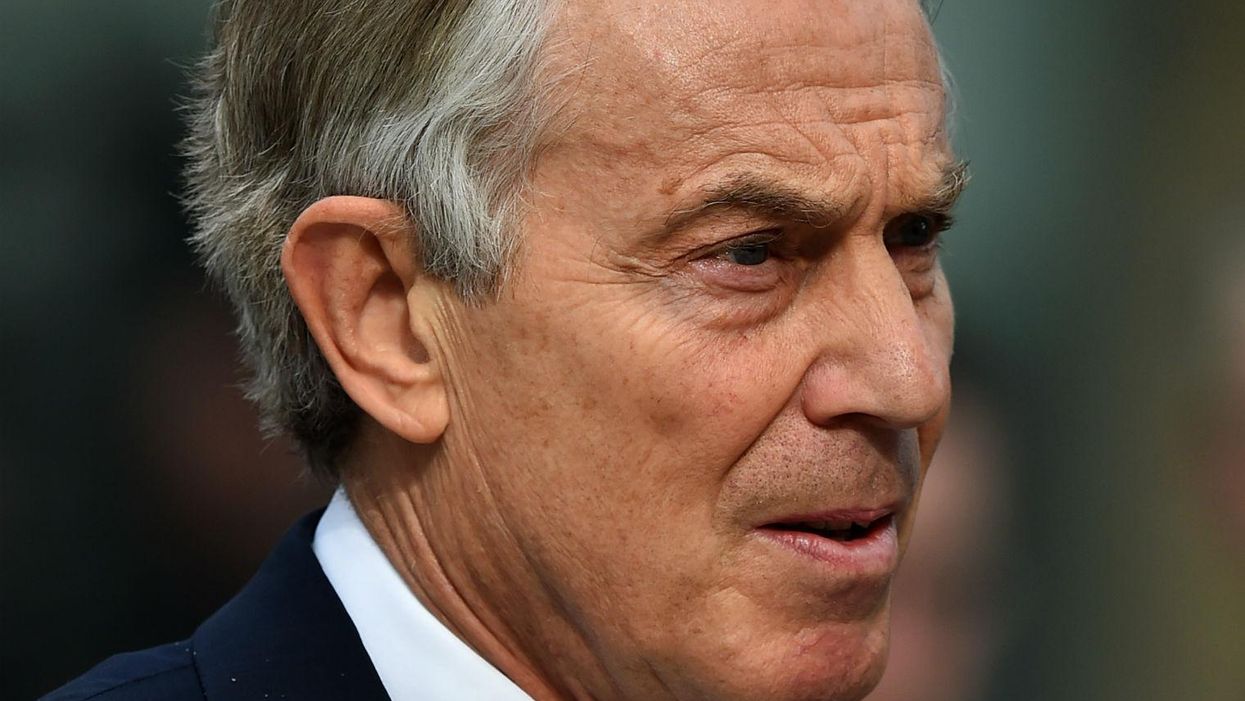News
Bethan McKernan
Jul 07, 2015

As the country marks 10 years since the 7/7 terror attacks in London, Tony Blair has given his two cents on the ongoing threat the world faces from terrorism. The takeaway? The threat of Islamic extremism has spread "right across the world" - but it's nothing to do with him.
He told BBC News:
This threat [of terrorism] is not going away. It will intensify in time to come... it is not something we have caused but something that we are caught up in.
Blair was prime minister when London was hit by four bombs on Tube trains and a bus on July 7 2005, in which 52 people died and hundreds were injured.
On the 10th anniversary since the attack he gave several media interviews in which he totally rejected suggestions that 7/7 was a response to British and American intervention in Iraq and Afghanistan.
I think it's very important to understand that the probable leader of the 7/7 attacks was someone who was first in a training camp in the middle of 2001, before 9/11, never mind before the invasion of Afghanistan or the invasion of Iraq and the difficulty is that there will always be reason and excuses that people use for terrorism.
The blame for the rise of Islamic extremism across the world lies with the perpetrators of the attacks, he insisted.
The problem is that even those countries that didn't participate in Iraq at all - like France - are now subject to these attacks. You see them most recently in Tunisia but you see even countries like Belgium or Norway, who are countries who have no real foreign policy presence, are also subject to this.
This is a global problem... we're not going to allow anyone to excuse themselves by saying that the slaughter of totally innocent people is somehow a response to any decision by any government.
Blair also said in an interview with the BBC that the ongoing fight against terrorism should be waged "by all means possible", in particular against Isis in Iraq and Syria.
[The West has to show it has] the means of combating these people and combating them on the ground.
You're not going to reduce this threat of terrorism unless you have a comprehensive strategy to deal with it which requires the battle of ideas but it also requires the force on the ground to fight them.
When asked by interviewers whether he meant British boots on the ground, Blair said that was a debate "for another day."
Blair resigned as the Middle East quartet's peace envoy earlier this year after eight years in the job. During his tenure violence between Israeli and Palestinian factions escalated, culminating in the Gaza War of summer 2014, in which at least 2,000 people died.
He added:
It's true that I haven't produced peace between the Israelis and Palestinians any more than anyone else has but it still matters.
More: Tony Blair has a new job
Top 100
The Conversation (0)













